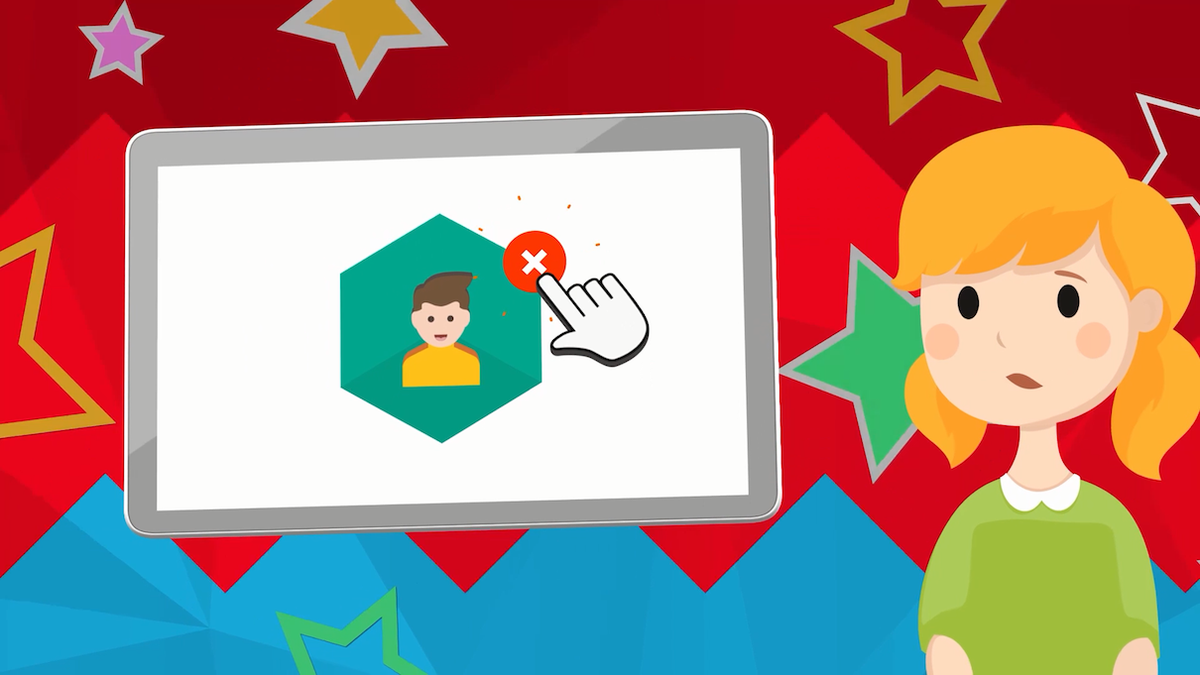Kaspersky strongly advises Filipino parents to keep a closer eye on their children’s online activities on the heels of soaring web threats the company has been monitoring in the country. From its latest data, the cybersecurity company confirmed that 82.46% of web threats from January to December 2018 have attempted to attack home users in the Philippines.
The global cybersecurity company also recorded an over 230% increase on annual web-based infections in the Philippines for 2018 at more than 31 million against 2017’s over 9 million. About 33.39% of the country’s population currently make up the 0-14 age group while 19.16% comprise the 15-25 age bracket according to statistics from data portal IndexMundi.
Latest data from the cybersecurity company revealed that the following categories of websites were the most popular among Filipino children, which they have either visited or attempted to visit from their computers software, audio and video at 42.04%, internet communication sites (social networks, messengers, chats, and online forums) at 29.17%, e-commerce (online stores) at 16.04%, news at 4.76%, and computer games at 3.76%.
Gathered from May 2018 to May 2019, the report confirms that kids are now fast moving toward the use of mobile devices for their online activities instead of using computers.
In the Philippines, mobile broadband is becoming more affordable than fixed broadband and it’s one of the countries where Facebook offers its Free Basics service which allows users to get free access or what Filipinos refer to as “free data.” This enables anyone in the country with an internet-ready mobile phone to access the web instantly and without limits. Recent figures show Filipinos surf the net from two to 10 hours daily.
With this in mind, Kaspersky introduced the Kaspersky Safe Kids, a solution that empowers parents to be fully aware of their kids’ online activities without the need to check their devices frequently and still respect the children’s privacy.
Kaspersky Safe Kids is a feature in Kaspersky Total Security (KTS). With this module, parents can now manage the child’s screen time, view the child’s location using a GPS tracker with a real-time online map, know the child’s device battery level so they can be warned to recharge the device, monitor their public Facebook activity, and block access to adult websites and content for most platforms.
Kaspersky Total Security is available online at https:/www.kaspersky.com at P2,764 (one device for one year), P3,801 (one device for two years) and P3,455 (three devices for one year). KTS can also be purchased from the on-demand subscription service through telco company Smart where a single license costs P30 for 7days (Text KTS30 to 8933) and P120 for 30 days (Text KTS120 to 8933).
Here are some tips from experts at Kaspersky for parents to protect their children from online threats:
1. Have the talk regularly. Be involved in children’s online activities from an early age so this is the established norm. Encourage communication so you can both learn from each other and to help build mutual trust.
2. Set boundaries. Ensure that children know what is acceptable and what is not. Also, make them aware of the consequences of going somewhere that they shouldn’t or using tech when they shouldn’t be. This should be reviewed as the child gets older.
3. Use available resources. Understand that there’s a lot of help as you raise digital children. Use the resources provided by some companies or organizations such as parental control software as well as tips and techniques to better manage kids who use digital devices. Also remember that not everyone has the same parenting style and that is OK — pick and choose what is right for you and your family. If a situation ever seems like it is going out of control, especially with cyberbullying or pedophiles, remember that you can get help from the local law enforcement agency.
